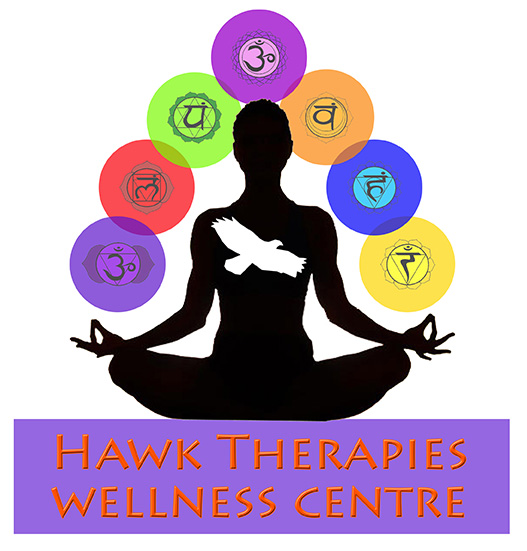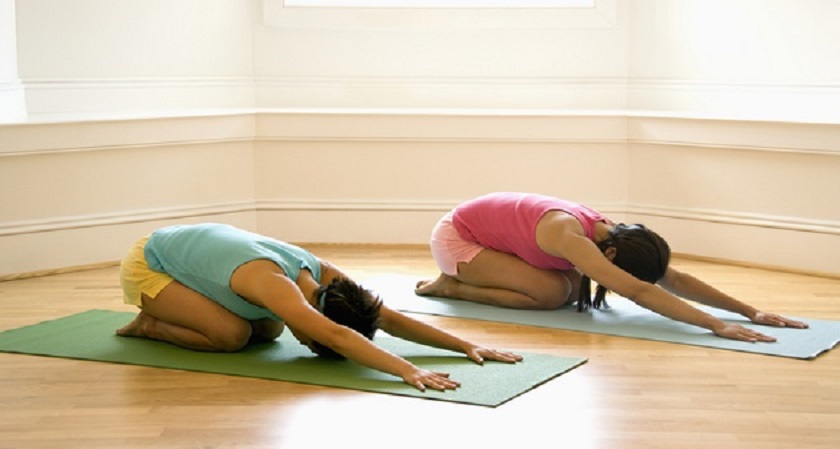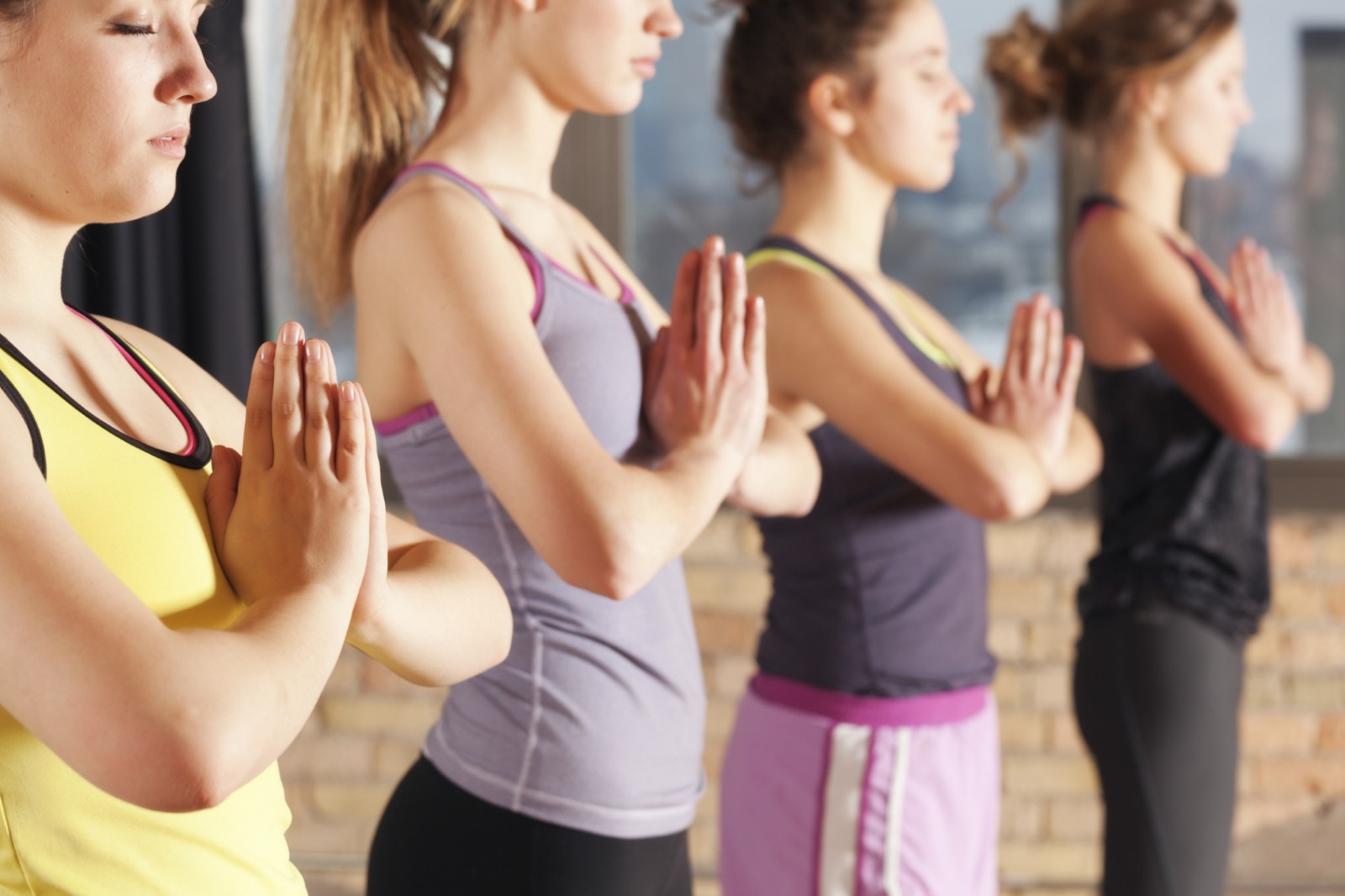Staying Well This Winter!
Do you know how Vitamin B and meditation can control and boost your mood?

During winter we tend to spend more time indoors away from nature and the things that we generally get satisfaction. This can cause our chakras to become blocked and out of alignment which in turn affects our mood, our energy and our emotions.
Depression, feeling constantly fatigued and moody is a challenge we often face during winter. With decreased social time and outdoor connection, we can become stuck in that web. Often this leaves people thinking that there’s something wrong with them, that they’re going crazy or that all hope is lost. A visit to the GP may determine a level of depression setting in and although this may be the case, you can assist or reverse these symptoms through diet and meditation. Anti-depressants or mood stabilisers are designed to control your neurotransmitters which actually numbs the messages from the neurotransmitters and does not actually change the root cause of depression .
Neurotransmitters naturally send signals throughout your body to influence your emotions. The three neurotransmitters of importance here are serotonin, adrenaline and dopamine, these are all influenced by levels of different B Vitamins. Let’s have a look at the roles of different B vitamins and how they can boost your mood.
Thiamine (Vitamin B1)
Vitamin B1 maintains levels of serotonin which is involved in emotion and mood regulation. Low levels of serotonin can lead to depression, anxiety, poor sleep and weight gain.
Niacin (Vitamin B3)
Vitamin B3 is converted in the brain into serotonin and dopamine
Pantothenic acid (Vitamin B5)
Vitamin B5 is really important for keeping your adrenal glands healthy. It produces adrenaline and also acetylcholine which is important for memory. As such, lack of vitamin B5 is often associated with fatigue, memory problems and depression.
Pyridoxine (Vitamin B6)
Vitamin B6 boosts levels of serotonin and dopamine as it acts as a necessary helper in the process of turning other chemicals into these neurotransmitters.
Folate (B9)
Converted into a molecule needed to produce neurotransmitters. Low levels of folate are associated with depression, poor memory and lack of energy.
Getting into the practise of daily Meditation will also assist your moods. The deep rest state produced by meditation triggers the brain to release neurotransmitters, including dopamine, serotonin, oxytocin, and endorphins. Each of these naturally occurring brain chemicals has been linked to different aspects of happiness:
 Dopamine plays a key role in the brain’s ability to experience pleasure, feel rewarded, and maintain focus.
Dopamine plays a key role in the brain’s ability to experience pleasure, feel rewarded, and maintain focus.- Serotonin has a calming effect. It eases tension and helps us feel less stressed and more relaxed and focused. Low levels of this neurotransmitter have been linked to migraines, anxiety, bipolar disorder, apathy, feelings of worthlessness, fatigue, and insomnia.
- Oxytocin (the same chemical whose levels rise during sexual arousal and breastfeeding), is a pleasure hormone. It creates feelings of calm, contentment, and security, while reducing fear and anxiety.
- Endorphins are the chemicals that create the exhilaration and are responsible for making you feel happy and elated.
These neurotransmitters play many roles related to wellbeing, including decreasing feelings of pain as well as reducing the side effects of stress. So Meditate daily and monitor your Vitamin B intake to combat the winter blues and to shake off that depressing mood!

 On a physical level, immense changes take place in the teenagers’ body’s chemistry and physiology, such as more activity in their chakras as they continue to develop. When imbalances in the chakras occur, the chemistry and hormones in the body are altered, often presenting as low energy, increased emotions, and mood swings. This in turn effects all aspects of their lives, from friendships to the ability to study and cope well at school, their self-esteem and self-image, and their general ability to move through life with ease and positivity.
On a physical level, immense changes take place in the teenagers’ body’s chemistry and physiology, such as more activity in their chakras as they continue to develop. When imbalances in the chakras occur, the chemistry and hormones in the body are altered, often presenting as low energy, increased emotions, and mood swings. This in turn effects all aspects of their lives, from friendships to the ability to study and cope well at school, their self-esteem and self-image, and their general ability to move through life with ease and positivity.